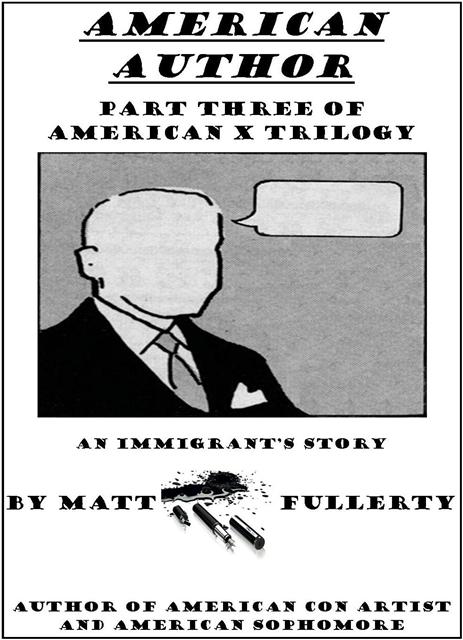Jon Michael Varese
Friday September 4 2009
The Guardian
--
It seems that you cannot turn a corner this year without bumping into Charles Dickens. So far we've seen the release of four major novels based on the Victorian icon's life: Dan Simmons's Drood (February), Matthew Pearl's The Last Dickens (March), Richard Flanagan's Wanting (May), and Gaynor Arnold's Girl in a Blue Dress (July). Earlier this year BBC1's lush new production of Little Dorrit was nominated for five Bafta awards in the UK, and 11 Emmys in the US. Newspapers and magazines have run stories on his relevance to the current global economic crisis. And with the Christmas season now only four months away, it seems that there is no getting away from him any time soon.
As someone who teaches and writes about Dickens, the question of why we still read him is something that's often on my mind. But that question was never more troubling than one day, nearly 10 years ago, when I was standing as a guest speaker in front of a class of about 30 high school students. I had been speaking for about 20 minutes with an 1850 copy of David Copperfield in my hand, telling the students that for Victorian readers, Dickens's writing was very much a "tune-in-next-week" type of thing that generated trends and crazes, much as their own TV shows did for them today.
Then a hand shot up in the middle of the room.
"But why should we still read this stuff?"
I was speechless because in that moment I realised that, though I had begun a PhD dissertation on Dickens, I had never pondered the question myself.
The answer I gave was acceptable: "Because he teaches you how to think," I said. But lots of writers can teach you how to think, and I knew that wasn't really the reason.
The question nagged me for years, and for years I told myself answers, but never with complete satisfaction. We read Dickens not just because he was a man of his own times, but because he was a man for our times as well. We read Dickens because his perception and investigation of the human psyche is deep, precise, and illuminating, and because he tells us things about ourselves by portraying personality traits and habits that might seem all too familiar. His messages about poverty and charity have travelled through decades, and we can learn from the experiences of his characters almost as easily as we can learn from our own experiences.
These are all wonderful reasons to read Dickens. But these are not exactly the reasons why I read Dickens.
My search for an answer continued but never with success, until one year the little flicker came ? not surprisingly ? from another high school student, whose essay I was reviewing for a writing contest. "We need to read Dickens's novels," she wrote, "because they tell us, in the grandest way possible, why we are what we are."
There it was, like a perfectly formed pearl shucked from the dirty shell of my over-zealous efforts ? an explanation so simple and beautiful that only a 15-year-old could have written it. I could add all of the decoration to the argument with my years of education ? the pantheon of rich characters mirroring every personality type; the "universal themes" laid out in such meticulous and timeless detail; the dramas and the melodramas by which we recognise our own place in the Dickensian theatre ? but the kernel of what I truly wanted to say had come from someone else. As is often the case in Dickens, the moment of realisation for the main character here was induced by the forthrightness of another party.
And who was I, that I needed to be told why I was what I was? Like most people, I think I knew who I was without knowing it. I was Oliver Twist, always wanting and asking for more. I was Nicholas Nickleby, the son of a dead man, incurably convinced that my father was watching me from beyond the grave. I was Esther Summerson, longing for a mother who had abandoned me long ago due to circumstances beyond her control. I was Pip in love with someone far beyond my reach. I was all of these characters, rewritten for another time and place, and I began to understand more about why I was who I was because Dickens had told me so much about human beings and human interaction.
There are still two or three Dickens novels that I haven't actually read; but when the time is right I'll pick them up and read them. I already know who it is I'll meet in those novels ? the Mr Micawbers, the Mrs Jellybys, the Ebenezer Scrooges, the Amy Dorrits. They are, like all of us, cut from the same cloth, and at the same time as individual as their unforgettable aptronyms suggest. They are the assurances that Dickens, whether I am reading him or not, is shining a light on who I am during the best and worst of times.
--
guardian.co.uk Copyright (c) Guardian News and Media Limited. 2009

cropped.jpg)
.jpg)
cropped.jpg)
2.jpg)
Cropped.jpg)
cropped.jpg)
4.jpg)

